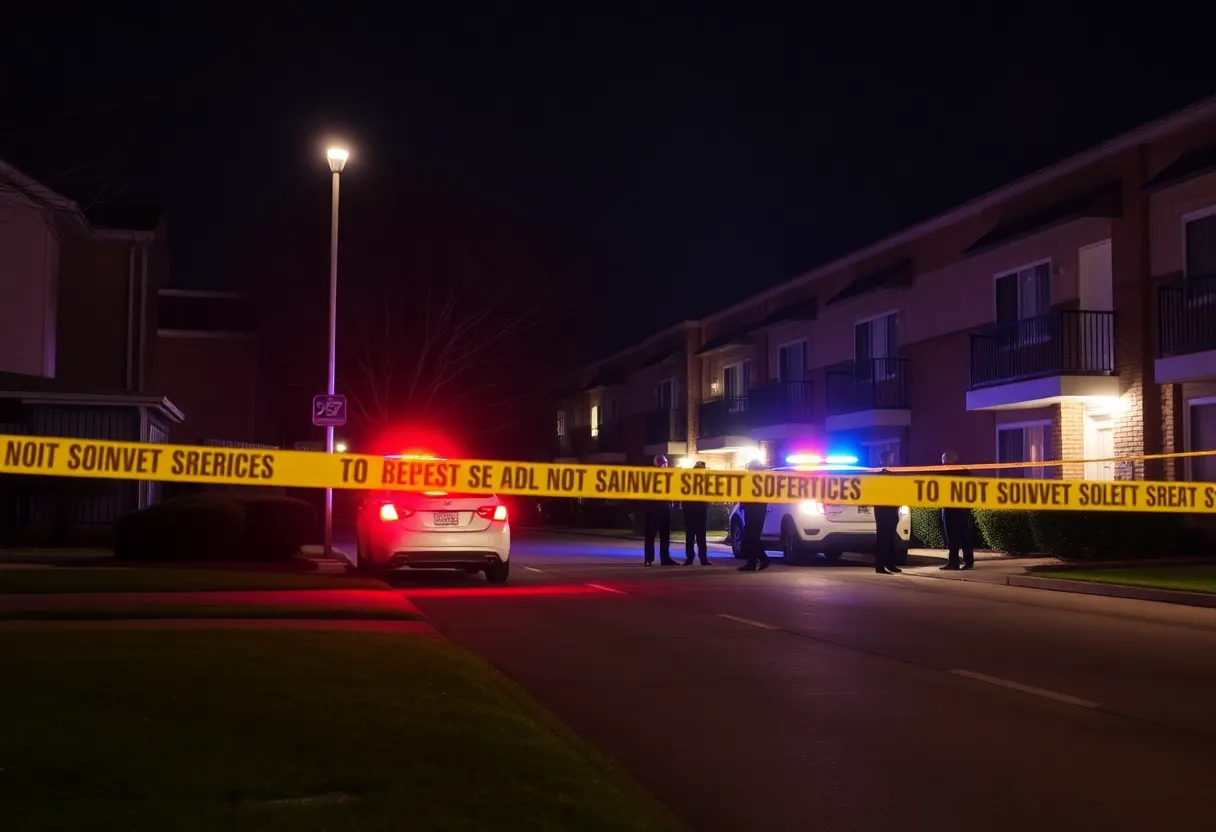News Summary
Asheville, North Carolina, grapples with the aftermath of Hurricane Helene, which resulted in 104 fatalities. The community reflects on its losses, ongoing recovery efforts, and the hidden post-disaster health risks. Local resilience shines amidst delays in official response, prompting a call for improved disaster preparedness and community involvement in recovery.
Asheville Count the Costs of Hurricane Helene: A Community Reflects on Loss and Recovery
Asheville, North Carolina, is still feeling the repercussions of Hurricane Helene, a powerful storm that rolled through the area a few months ago, leaving a sobering mark on its residents. The North Carolina Department of Health and Human Services recently unveiled a list of 104 lives lost in the aftermath of this devastating hurricane. This news comes after a request for records, shining a light on just how serious the situation was. Helene is now known as one of the deadliest hurricanes of the 21st century, a grim title that many would rather not ponder.
Understanding the Impact
What’s particularly concerning is the lack of detailed information about the victims. The list released doesn’t detail the age, the cause of death, or the location where people lost their lives. Additionally, it’s noteworthy that individuals whose bodies were found in other states are missing from this list. This leaves many families still grappling with not just their loss, but unanswered questions.
More Than Just Immediate Damage
While the physical destruction of homes and infrastructure is shocking enough, a new study has shown that the effects of flooding can last well beyond the initial storm. It reveals that flood-related deaths can spike by up to 25% in the three months following a disaster. Researchers have been busy sifting through U.S. death data from 2001 to 2018 and found that the hidden health risks post-flooding are significant. It’s not just the storm itself that’s dangerous; the aftermath can bring increased deaths from infections, injuries, and heart disease.
Different types of flooding have different implications for health. For instance, rain-related floods are linked to an uptick in deaths from infectious diseases, while snowmelt flooding appears to raise rates of respiratory and cardiovascular illnesses. In Asheville specifically, the flooding caused major disruption, leaving many residents in the dark—quite literally—without power or means of communication.
Community Comes Together
In the wake of this natural disaster, there have been heartwarming stories of community heroism. Neighbors rallied together, risking their own safety to provide assistance to those in need. Local businesses stepped up to offer food and support to those affected in the immediate aftermath. Yet, one has to wonder, where was the official response during that critical time? There were delays in disaster relief efforts, with food and water plans taking six days to be announced and a whole week passing before state or federal supplies finally arrived.
The Path Forward
As Asheville begins to rebuild and recover from the trauma and losses inflicted by Hurricane Helene, it’s crucial to consider the long-term effects of such flooding. Survivors are still processing the significant transformations in their neighborhoods and lives. With stories of trauma and resilience emerging, the main takeaway here is that raising awareness about the potential long-term effects of flooding is essential. It serves as a reminder to support and advocate for systemic changes in disaster preparedness and response.
These efforts will require everyone’s involvement—from local citizens to government officials. As the community of Asheville continues to heal, it hopes that lessons learned from this experience will lead to improved practices and readiness for future storms, creating a safer environment for everyone.
Deeper Dive: News & Info About This Topic
HERE Resources
UNC Asheville Triumphs with 4-0 Win Over Longwood
Asheville Mourns the Loss of Lyn McFarland Amid Hurricane Helene
Buncombe County Farmers Markets Bring Winter Cheer
Asheville and Old Fort Prepare for Hurricane Helene Recovery
Asheville Faces Economic Challenges as Unemployment Reaches 6.1%
Bouchon Restaurant Becomes Crêperie Bouchon After Hurricane Helene
Asheville’s Doomsday Preppers Experience New Normal After Helene
Asheville Symphony Hosts Community ‘Messiah’ Concerts
Cold Snap Hits Western North Carolina This New Year’s Weekend!
Asheville Unites in Hurricane Helene Recovery Efforts
Additional Resources
- WLOS: State Releases Names of Victims Killed by Hurricane Helene
- Scientific American: Flooding’s Hidden Killers
- The Assembly: Hurricane Helene Disaster in Asheville
- CNN: How Helene Devastated Western North Carolina
- USA Today: Opinion on Hurricane Helene and Climate Change






